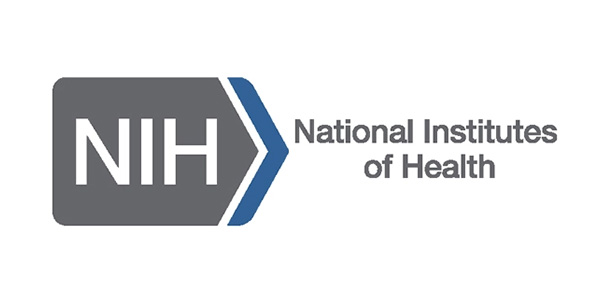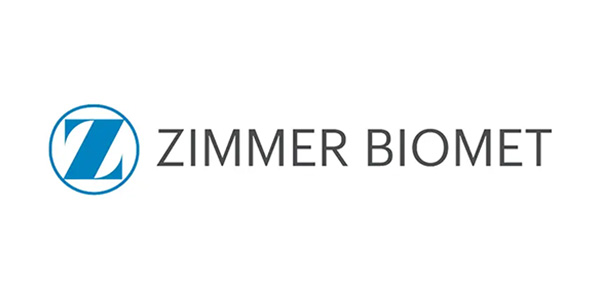Project 100 - Undergraduate Musculoskeletal EducationPurpose: Project 100 is the USBJI’s initiative to raise the level of training that all graduating medical students receive in musculoskeletal health. Project 100 aims to bring about fundamental changes in the quality of care of patients with musculoskeletal conditions, a cornerstone goal of the Initiative. The purpose of Project 100 is to have musculoskeletal medicine recognized as an Essential Discipline by all medical schools; and to have the schools promote the inclusion of musculoskeletal medical curriculum with an emphasis equal to that given to other important organ systems. In other words, to have 100% of American medical schools require that their students meet the learning objectives set forth by the AAMC Medical Schools Objectives Project (which details the knowledge, skills and attitudes all graduating medical students should possess).
Future: The legacy of Project 100, it is hoped, will include not only its specific accomplishments to date and the momentum thereby derived, but also the explicit formation of an enduring organization of musculoskeletal educators. |






